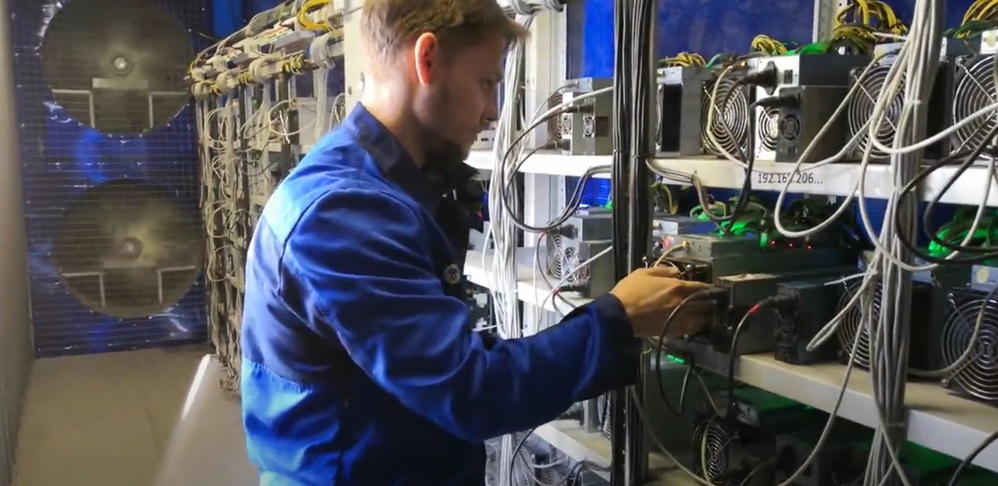Unlock the Editor’s Digest for free
Roula Khalaf, Editor of the FT, selects her favourite stories in this weekly newsletter.
China’s online shopping extravaganzas are beginning to lose their lustre as the country’s ecommerce platforms battle to offer steep discounts year round.
Sales during what is usually China’s blowout mid-year shopping festival, known as 618, have declined for the first time in years, according to third-party data estimates published this week.
Total gross merchandise value during the shopping event, which ended on Thursday, fell 7 per cent from a year earlier to Rmb743bn ($102bn), according to data provider Syntun.
“The promotional period is too long, and all the marketing has gotten confusing,” said 31-year-old shopper Constance Zhou. “The platforms are always doing promotions. Regular shoppers don’t have any motivation to participate.”
The blow was felt hardest by China’s online influencers, who have built vast businesses on selling everything from lipstick to toilet paper during live-streamed sales events but now face a plethora of lookalikes.
Data from research provider Feigua showed sales by Li Jiaqi, China’s online sales king, were down 46 per cent year on year during the second half of May. Skincare promoter Luo Wangyu saw his sales plummet 68 per cent, according to Feigua.
JD.com launched the 618 festival in 2010 to treat shoppers on the company’s founding day, June 18. It did not take long for China’s other ecommerce platforms to join in, and most platforms now offer sales for several weeks running up to the anniversary.
China’s top three ecommerce groups, Alibaba, JD.com and Pinduoduo, declined to release official gross merchandise value data this year and instead offered limited data points that showed growth. Alibaba, for instance, said more than 36,000 brands doubled their GMV.
Analysts said platforms’ increasingly lengthy promotion periods and new channels for offering users year-round discounted goods have cut into the event’s novelty.
Li Chengdong, an expert on Chinese ecommerce at think-tank Haitun, said analysts might want to link the 618 festival’s declining GMV to China’s wider economic troubles, but he did not concur.
“Consumers have become numb to promotions because they are so frequent,” said Li, noting that Alibaba, JD.com and Pinduoduo now had massive subsidies all year long under their baiyi butie, or “Rmb10bn subsidy”, programmes.
“With promotions becoming the norm, there’s no need to wait for a sale to shop,” he said.
Online discount platform Pinduoduo was the first to launch a “Rmb10bn subsidy” channel within its app, in which the group offered shoppers discounted iPhones and Moutai liquor. JD.com and Alibaba later adopted the same marketing strategy to promote their best deals.
Li said fierce competition among the three platforms was taking a toll on their merchants, making them less willing to offer further discounts during 618.
He gave the example of platforms hurting merchants by making return policies more generous, increasingly allowing shoppers to keep their goods and get their money back.
Zhang Xuezi, 36, said many online shops she frequented did not participate at all this year. “I didn’t buy anything special during the festival,” she said.
Credit: Source link











